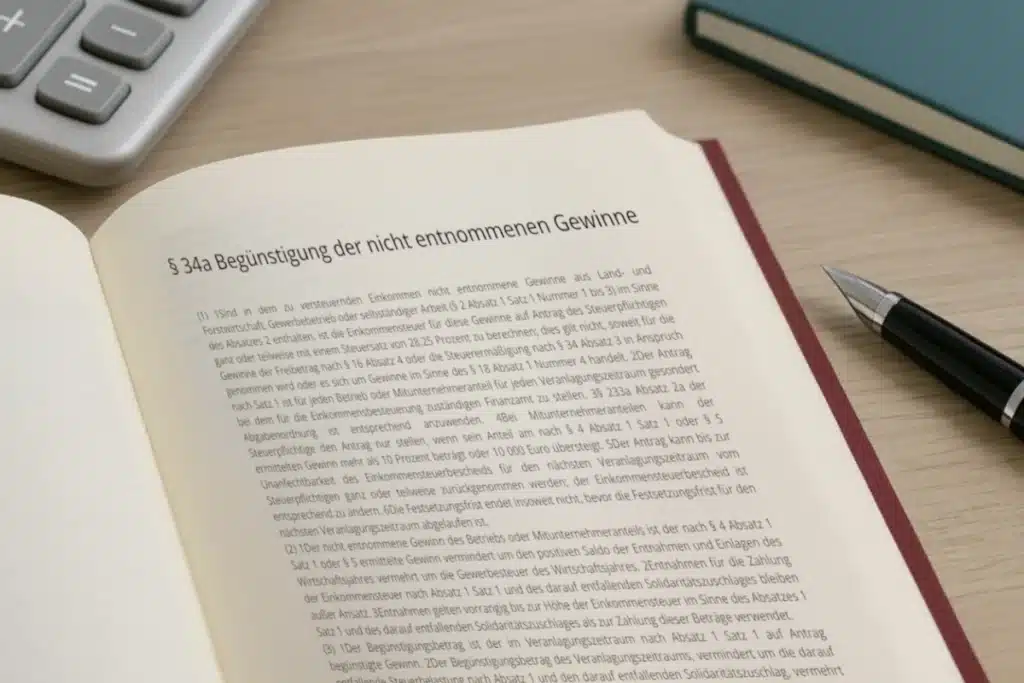A recent tax court judgement provides an opportunity to draw attention to the frequently neglected indirect consequences of fiscal unity relationships, as they occur in a large number of cases in corporate groups in order to enable the timely equalisation of profits and losses. Following the insolvency of the parent company, the tax office issued a liability notice against the former subsidiary parent company for taxes no longer paid by the latter. The tax court treated this liability for the first time as a so-called hidden profit distribution. The economic consequence is that the former controlled company is subsequently burdened with a further approx. 140% of the liability amount, although it had previously paid the corresponding profit in full to its parent company on the basis of the profit transfer agreement. Dr Wolfgang Walter comments on the judgement and its consequences in the GmbH Review 2017 Issue 5.
Our TAXGATE event on 22 February 2017 addresses, among other things, current issues of fiscal unity and the utilisation of losses in a group of companies.






